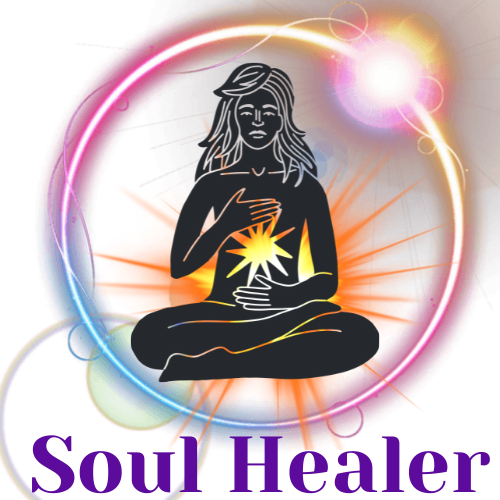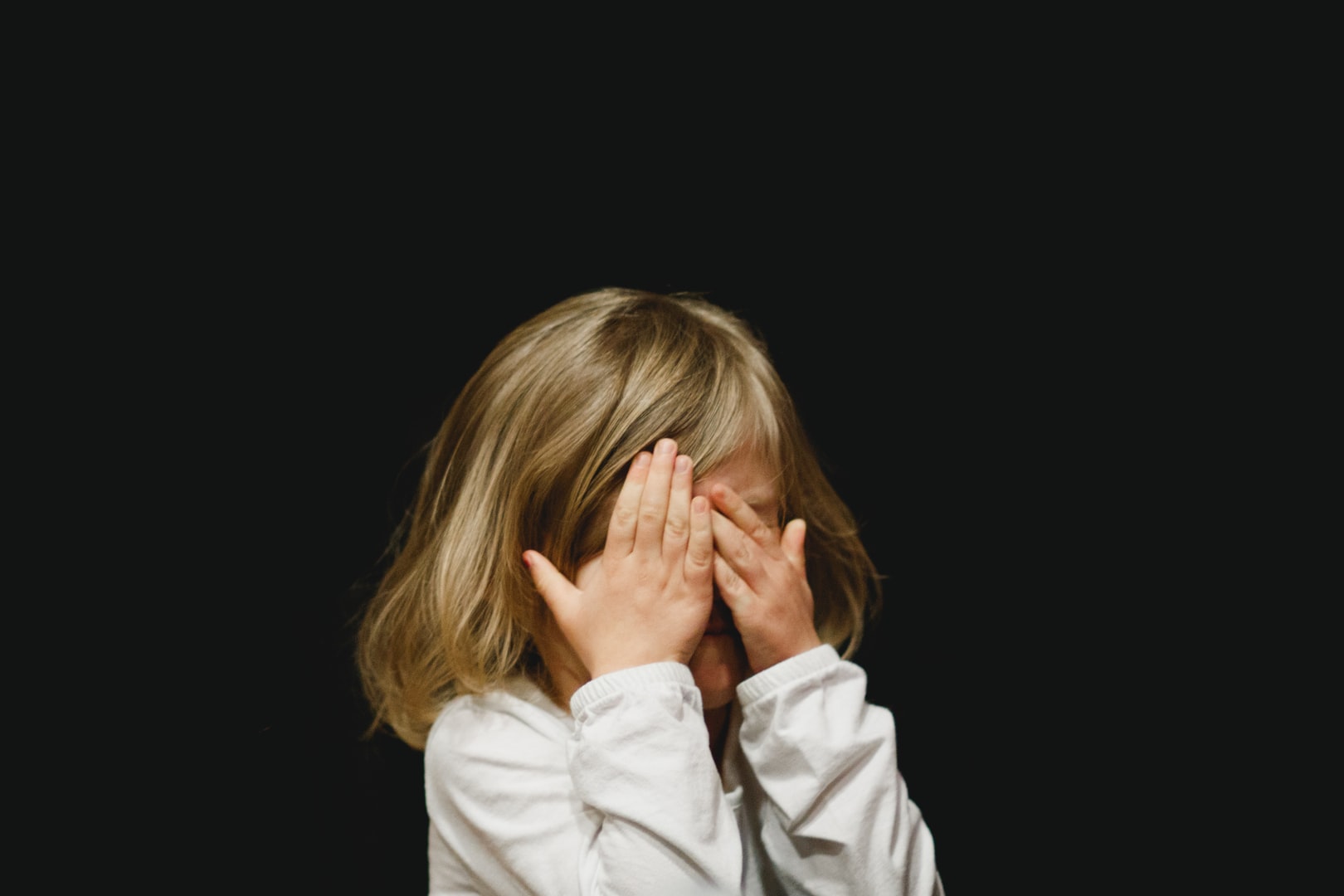
00353868664508
The language of shame
Maria Jesus Marin Lopez

There is one thing we all have in common, we have all being children and we all have parents.
Different societies and cultures have different standards, values and morals regarding family life and the relationship between parents and children.
A parent can not teach a child what he/she doesn’t know or understand in him/herself.
What is shame? How can we recognize it in our everyday vocabulary? The last few months I’ve been observing how as a community we use the language of shame unconsciously. Sometimes we are shaming others or ourselves without even realizing it, somehow it’s been programmed into our brains.
Let’s just look at this example for a moment:
Little Jimmy is 4 years old. He is playing in the sitting room with some paints. His mom went next room to answer the phone. Jimmy is in his creative flow and as he looks up he sees this wonderful empty canvas called “the sitting room wall” Jimmy really wants to impress his mammy as she was so thrilled with his previous work. So there he goes with his paints creating his new masterpiece. Shortly mom arrives and she almost has a heart attack. She says “Jimmy, bad boy!, naughty behavior! Little Jimmy doesn’t understand why his mom is so upset. He doesn’t understand how following his creative flow is a bad thing. He doesn’t understand why he is bad, so he expresses that frustration with a tantrum. He doesn’t know what to do with the energy of this feeling so he throws whatever is at hand. At this stage, mom is really upset and angry that Jimmy is misbehaving and at some unconscious level she is questioning whether she is a good mother or not.
What Jimmy has learned from this situation is that to be creative is bad. He feels ashamed and next time he feels the creative impulse he might repress it or revel against it.
Obviously this is just an example, but I see a lot of people that come to me with depression or anxiety and in a lot of cases it comes down to shame. I believe shame is learned. At some point in our lives someone told us that to be who we were was wrong or bad and we told ourselves that if we wanted to be loved, accepted and/or fit in we had to repress a part of us.
In our example, mom could’ve realized that Jimmy just needed to be shown boundaries in a loving, compassionate, age appropriate way. A 4 year old perception of the world is totally different to an adult’s.
I think is important to separate the child from their behavior. As parents we need to teach the child how to live in the world but we can not teach the child to be their authentic self.
Shame and guilt go hand in hand. Guilt comes from the perception that we have DONE something wrong or bad. Shame comes from the belief that WHO WE ARE is wrong or bad.
I’m very careful, specially with young children, to use the dualistic term of “good boy/girl” or “bad boy/girl”. Lets explore this a little bit more in detail.
Obviously we need to teach our children how to behave in a manner that is respectful of others and of things. As a society we have rules for harmonious living. My question is, how can we teach our children to behave respectfully without having to use control, guilt or shame? As I said before, we can not teach our children what we don’t know or understand ourselves. How am I going to teach respect if I don’t respect myself? How am I going to teach a child to deal with anger in a healthy way if I repress my anger? How am I going to teach my child to be confident if I don’t believe in myself?, etc.
When I was in school I remember a teacher saying “You start educating your children 20 years before they are born”. When I started my healing journey of self-discovery my purpose was “It ends with me!” and what this means is that all the unconscious energies of fear, guilt, shame, etc. that were passed on to me through my mother and father, I was going to bring them into awareness so that my children wouldn’t have to go through the same unconscious patterns.
Sometimes I feel when we use the term good or bad boy/girl the energy behind it is shame and control. When the unconscious energy is control what we are saying is “If you do/be what I tell you to do/be I’ll love you and if you don’t then I won’t” When we use control there is always an underling manipulation that will come back to us through the child manipulating us because that’s what we are unconsciously teaching them.
What I have also observed is that not just negative words can be shameful (stupid, bully, know it all, lazy, ugly, etc) at times positive words can also create shame. Let me explain: as I mention before, shame is when we belief who we are is wrong or bad. Sometimes we want so badly to be loved and accepted that we abandon who we truly are to be “good” ( This “good” being someone’s perception of what to be good is) I know a few adults still trying to fill those shoes.
When we allow ourselves to move away from using in our language -being good or bad- we find true freedom as we move away from shame. I belief that we are neither good nor bad but that we are here in this world trying to discover who we are and to allow that unique expression of self.
So, when you are using the terms “good” or “bad” ask yourself, what is the energy behind it? what do you mean by that? Are you using the language of shame or the language of love?